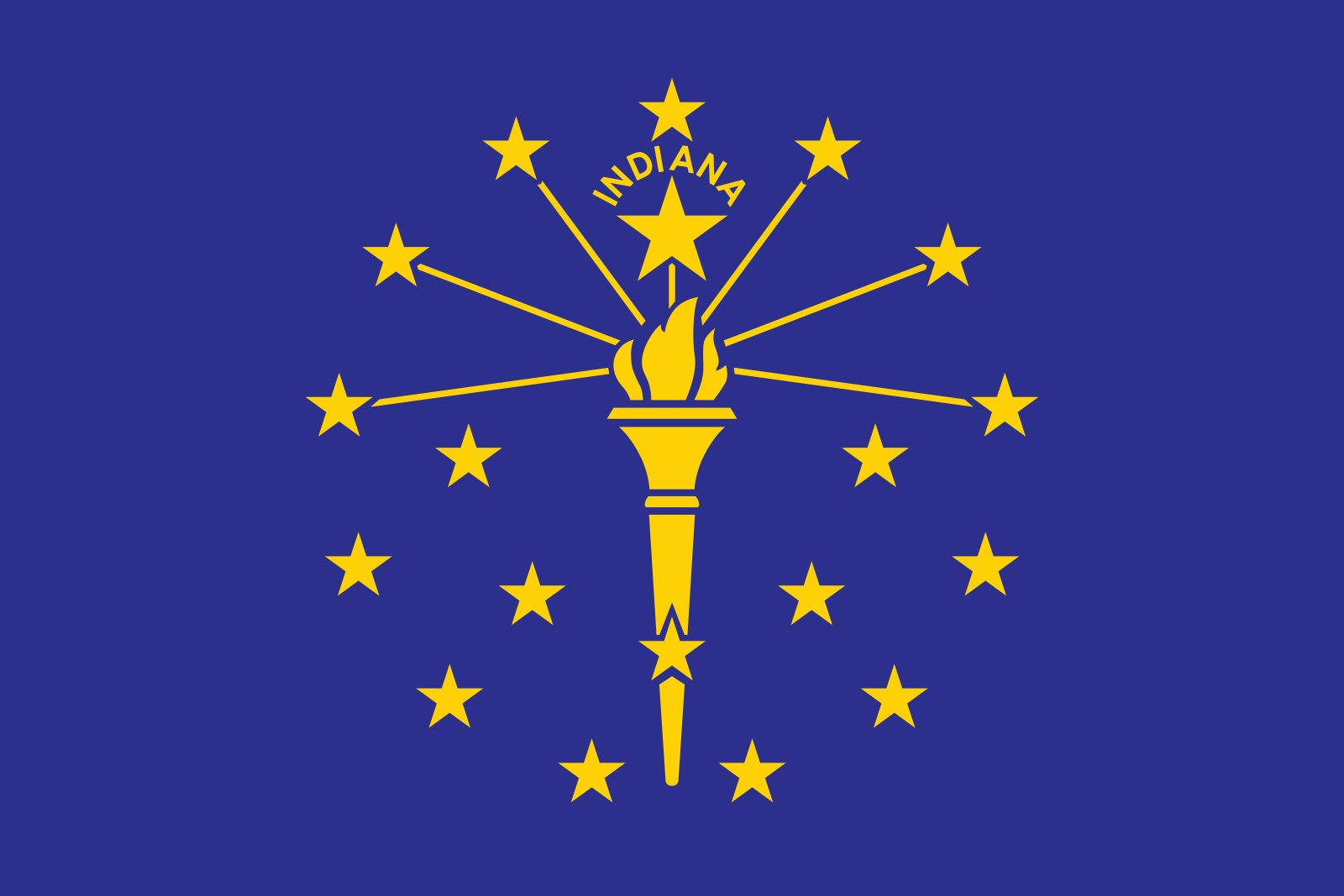
On February 22, Local 150 filed a lawsuit against Indiana’s governor, attorney general, and labor commissioner over the recently-passed “right to work” law.
From the Associated Press:
INDIANAPOLIS — Union members went to federal court Wednesday to ask a judge to block Indiana’s new right-to-work law from being enforced, the first lawsuit and latest conflict over the divisive legislation.
The International Union of Operating Engineers Local 150 filed the lawsuit Wednesday in U.S. District Court in Hammond, said Marc Poulos, an attorney representing the union. The suit names Gov. Mitch Daniels, Attorney General Greg Zoeller and Labor Commissioner Lori Torres.
The right-to-work lawsuit is the latest filed over a wave of conservative legislation pushed through the Indiana General Assembly over the last two years. Indiana also faces lawsuits over 2011 legislation that cut Medicaid funding for Planned Parenthood clinics because the group provides abortions, and the state is in court over tougher illegal immigration laws and the nation’s broadest use of school vouchers.
Daniels signed the right-to-work legislation into law last month, making Indiana the 23rd state to ban unions from collecting mandatory fees for representation. Indiana was the first in the generally union-friendly Rust Belt to pass such legislation, and the first nationally in about a decade, as Oklahoma did so in 2001.
Indiana Democrats vehemently objected and boycotted the House session for several days, and union members turned out by the thousands to protest what they called “the right to work for less bill.”
Daniels spokeswoman Jane Jankowski said the governor’s office had no comment, but Indiana Attorney General Greg Zoeller said late Wednesday that his office would defend the state from the legal challenge.
“Legal challenges are part of the process to test whether laws are constitutional. Though we respect the right of private plaintiffs to disagree with this new law, the State’s position is that the Legislature was within its authority to create a new policy concerning mandatory union dues. My office’s duty is to defend the laws the Legislature passes and we will do so diligently here,” Zoeller said in a statement.
Poulos said the union would file a motion seeking a temporary restraining order to block the law for 10 days until a judge can decide on its longer-term fate. He hoped a hearing could be held as early as Monday, but said he did not know how long it would be before the judge ruled.
Last year, a federal judge in Indianapolis struck down a law restricting Medicaid funds from abortion providers about six weeks after Planned Parenthood went to court. The ruling is under appeal.
A draft copy of the lawsuit provided to The Associated Press by the union, which has 4,000 members in northern Indiana, claims the right-to-work law contains multiple violations of both the state and federal constitutions.
Among other things, the union claims the law violates the equal protection clause of the U.S. Constitution by treating building and construction workers and public workers differently from others. The law’s provisions regarding construction trades took effect immediately, impairing existing contracts, the union said. Public employees aren’t allowed to opt out of union membership to the same degree as private-sector worker, the union said.
“No legitimate state interest is served by requiring public sector employees to subsidize the cost of representation services for private sector employees who refuse to pay any fees to the Union,” the lawsuit said.
Union members had protested that the law unfairly makes union members who pay dues also pay for the representation of non-union members who choose to opt out under the new law.
The lawsuit also said that the law violated the prohibition against ex post facto laws — retroactively making legal activity illegal — in both the state and federal constitutions. The Indiana law makes violations a class A misdemeanor.
The union also claimed the state law is pre-empted by and conflicts with the National Labor Relations Act.

